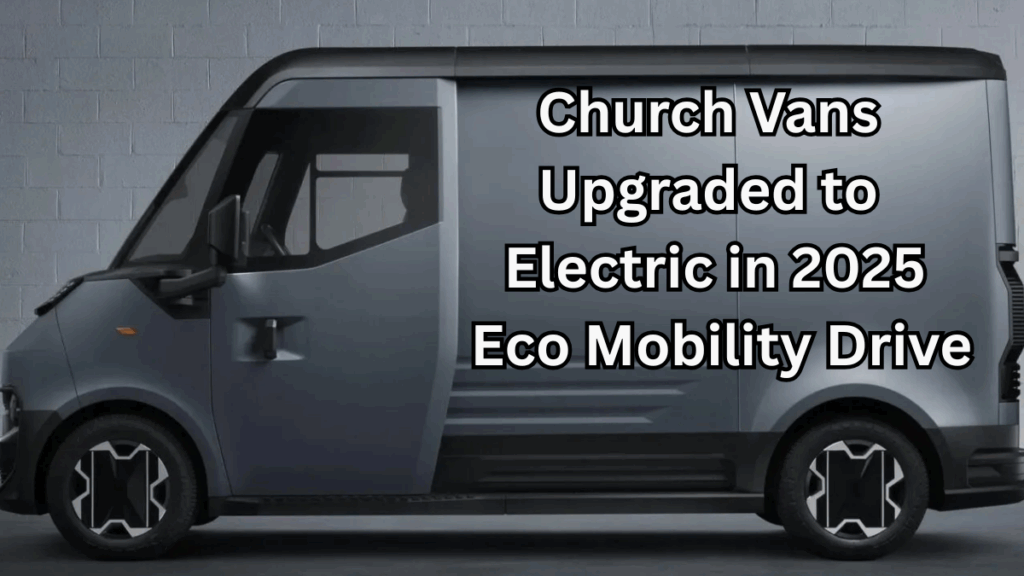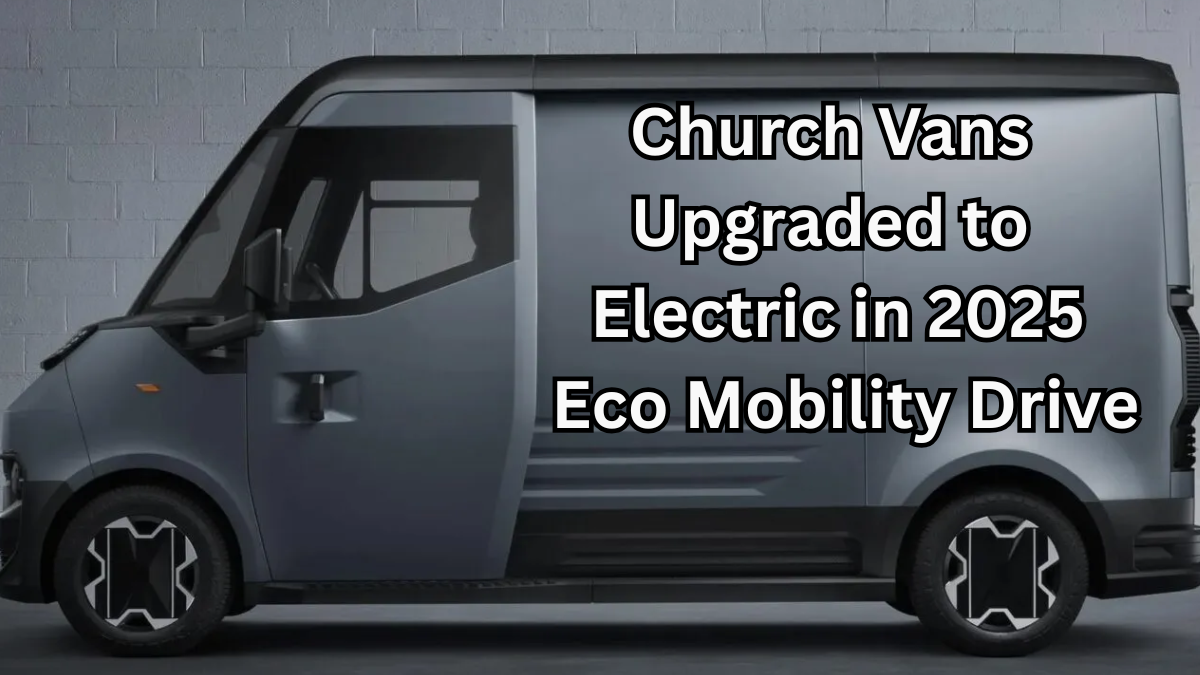In 2025, many churches across the country are embracing sustainability by switching their traditional vans from fuel-based engines to electric power. This church transport van upgrade marks a significant step toward eco-friendly community mobility and aligns with global efforts to reduce carbon emissions.

Why the Shift to Electric Vans Matters
Churches have always been at the heart of community life—helping with worship, charity work, and outreach. By adopting fuel to electric conversion for their vans, they are not only saving on long-term costs but also setting an example of responsible stewardship of the environment.
Key Reasons for the Upgrade
-
Lower emissions – contributing to cleaner air and reduced pollution
-
Cost savings – electric vans reduce fuel expenses and maintenance costs
-
Quiet operations – less noise during community transport and events
-
Government support – many regions now offer incentives for switching to electric vehicles
How the Church Transport Van Upgrade Works
The process involves replacing traditional fuel engines with electric systems designed for efficiency and durability.
Comparison of Fuel vs Electric Vans
| Aspect | Fuel Vans | Electric Vans |
|---|---|---|
| Fuel Source | Petrol/Diesel | Battery-powered |
| Running Costs | High (fuel, oil, repairs) | Low (charging, minimal repairs) |
| Environmental Impact | High emissions | Zero tailpipe emissions |
| Maintenance | Regular, costly servicing | Fewer parts, less servicing |
Impact on Communities
The church transport van upgrade is more than just a technical change—it’s about building greener communities.
Benefits for Congregations
-
Cleaner, safer transport for seniors, children, and families
-
An eco-conscious image that inspires others to adopt sustainable practices
-
More funds redirected to community programs instead of fuel expenses
Looking Ahead
As part of the fuel to electric conversion movement, churches are showing how faith-based organizations can lead in sustainability. With more support from local governments and private initiatives, this eco mobility drive could soon become the standard for religious and community transport.
FAQs
Q1. Why are churches switching their vans to electric?
Churches are upgrading to electric vans to reduce emissions, save costs, and contribute to a cleaner environment.
Q2. How does the fuel to electric conversion work?
The existing engine is replaced with an electric motor and battery system, allowing the van to run entirely on clean energy.
Q3. Will electric vans be more cost-effective in the long run?
Yes. While the initial investment may be higher, electric vans require less maintenance and have significantly lower running costs.
Q4. Are there incentives for churches making this switch?
Many regions offer government grants, subsidies, and tax benefits for organizations adopting electric vehicles.
Click here to learn more
